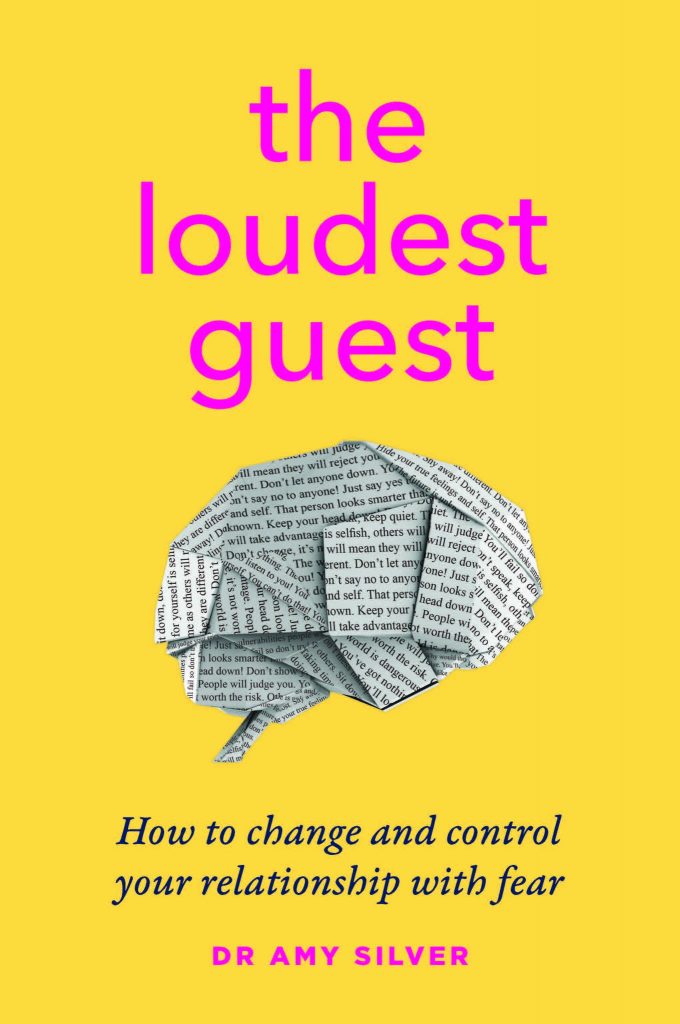Dr Amy Silver, a psychologist, speaker and author talks about understanding your fear
Fear has been a pretty common emotion to experience over the past year thanks to COVID-19. It’s designed to protect us, but sometimes it limits our impact in the world or our enjoyment of life. For example, fear can tell us to avoid creating a deep relationship with someone, avoid failure by not even trying, avoid showing our true feelings in case people reject us, avoid saying no to someone in case they think badly of us, and so on! Do we always need to listen to our fears?
Fear can also tell us to defend and attack if it feels we are vulnerable. It can shout messages of defence, so we block or deny others’ even attack them before they expose us. Again, sometimes this is helpful, but is it always?
And fear can also show up as pervasive worry, causing us to be distracted from our now, as we focus on the past or the future. It can be extra cognitive load that we carry with no need. It can make decisions harder and distress greater.
So, if you don’t want it to get on top of you, here’s 6 easy steps to better manage your fear.
- Recognition is the first step of any self-development or self-control process. If we can’t recognise what is going on, we are not in a position to consciously change anything because it is all happening without our awareness and without our consent. Recognising where and why fear happens for us helps us see patterns. We can get closer to understanding our fear, how and where it dominates our thoughts, our feelings and our behaviours.
- Self-Compassion. There are very biological systems at work here. We are threat seeking machines. Sometimes we are searching for physical danger, and sometimes social dangers such as being thought of badly or being rejected. Our fear is activated automatically and so we must learn how to soothe the system through self-compassion.
- Sometimes fear or worry is so loud it doesn’t feel like there is any choice for us, we must listen and do as it tells us. However, what fear says is not always what serves us best. Think of fear as a guest at your party, you are the host. You get to decide what serves you best, not fear, even if it is the loudest guest.
- From this host perspective, we can truly evaluate what fear is saying. Sometimes it will be true but sometimes it will not, sometimes helpful, sometimes not. Evaluating it clearly is key and this is easiest with a pen and paper. Ask yourself the question; is this true? Is this helpful? And what is the real message underneath this fear once we’ve taken away all the drama?
- What decision do we want to make in this moment, or in our lives? What if we were able to control fear, what would be possible? Are we limiting our achievements or our happiness by letting fear get in the way and if so, what would be the goals that we could be making to strive towards our full potential? When we get to this time next year, what would you like to be different about your relationship with fear or the control it has over you and what you achieve?
- Moving beyond fear requires safe and gradual experiments. By deliberately setting micro movements towards your goal without listening to our guest of fear when it wants us to avoid or attack. Show the guest fear (and yourself!) that you can tolerate a little discomfort as you move beyond fear in a safe way. If you are truly stepping up, showing up and speaking up for your best version of you, you will always have the opportunity to meet new fears. Keep going!






